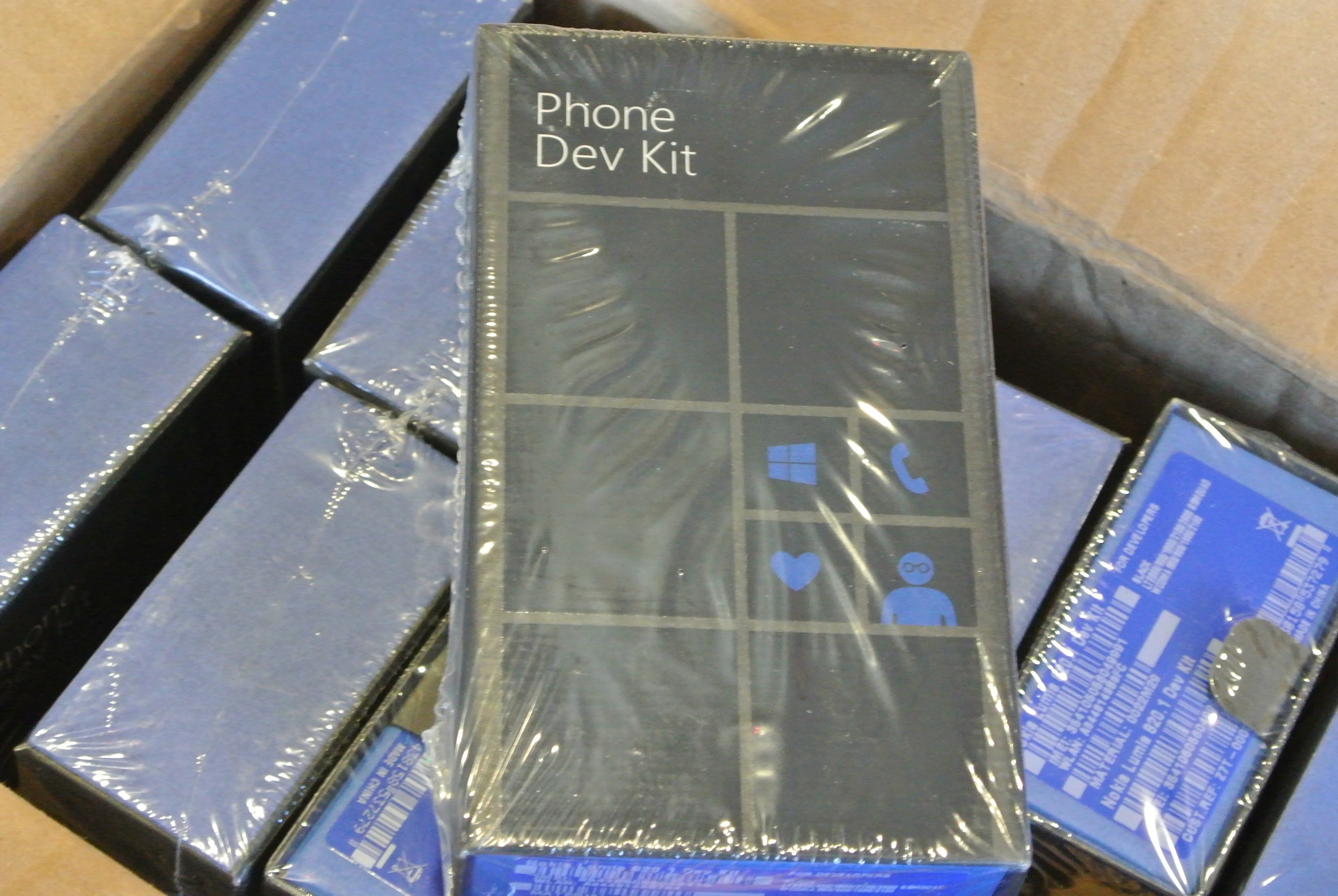3 Lessons on App Development You Missed from Microsoft Startup Bootcamp
Taking an app from an idea to an actual functioning prototype is a huge step in the journey of a startup. It's likely that entrepreneurs with a game changing idea won’t face their biggest challenge executing code. Rather, paring down the concept to exactly what’s needed to deliver on a vision is the step that presents the biggest challenge.
Yesterday, 15 teams moved from testing their ideas to building their prototype with the help of expert Microsoft Evangelists. The next step in their week-long startup bootcamp will be creating a go-to-market strategy, but for now it’s all about focusing their vision and pounding out code on Microsoft’s dollar.
As we tagged along for possibly the most important step of these fresh startup’s journey, it dawned on us that we were witnessing something unique: The challenges and lessons faced by those 15 aspiring startups are a microcosm of what startups everywhere are experiencing. Not ones to waste a good opportunity, we captured five of the most interesting lessons that emerged during the “day of hacking” for your enjoyment.
Lesson 1 – If You’ve Built It, Port It!
Maybe one of the most overlooked and quick-hit opportunities young developers miss out on is porting existing apps to the Windows Platform. If you already built or began building a compelling app, choosing to port can be extremely fruitful. To get a feel for the potential that exists, we’d recommend consulting evangelist Kevin Ashley who is currently monetizing his apps at a rate of $30,000 per month on Windows 8. That’s him in the picture above giving a lesson on designing Windows 8 and Windows Phone 8 apps to participants at the Startup Bootcamp.
Lesson 2: Focus & Build Then Test, Test, Test.
As we mentioned above –once you have your concept baked it’s time to focus your functionality on what’s core to the vision and start building a prototype. The key is to make sure you’ve focused on the right elements:
“A lot of the teams have amazing ideas … At this stage of their projects, it’s important to pare down what exactly they need to do to deliver their vision and focus on making those components successful.” -Helen Zheng, Developer Evangelist
A fundamental step in ensuring your app makes the impact on the end user you imagined is testing you app on appropriate devices. Knowing that, you’re probably not surprised that each member of the Startup Bootcamp was given a free Windows Phone 8 device as a prize for being admitted.
Lesson 3: Consider More Than Just Games
Thinking about building an app geared toward world citizenship? One approach could involve building a game to help solve a problem as last year’s Imagine Cup winners did, Even if you don't take that path, it doesn’t necessarily mean you should leave your knowledge of game mechanics at the door:
“Games are the most popular type of app but there are also ways to gamify regular apps to help make what you’re trying to achieve more attractive and immersive for the user.” – David Chou, Architect Evangelist
The Next Step of the Journey
Despite the fact that today’s focus was on building, Evangelists fielded many questions about business and monetization strategy and that’s exactly what the focus will be for the next two days of bootcamp.
Follow the hashtag #MSBootcamp or follow the Tech Student handle on Twitter for tips, quotes, and insights from angel investors, startup leaders, evangelists, and students between now and the end of the week. We’ll also be highlighting events and fielding questions on Facebook.
Comments
Anonymous
March 12, 2013
The comment has been removedAnonymous
March 18, 2013
I loved every part of this program. So glad I was a part of it.Anonymous
April 17, 2014
The comment has been removed


